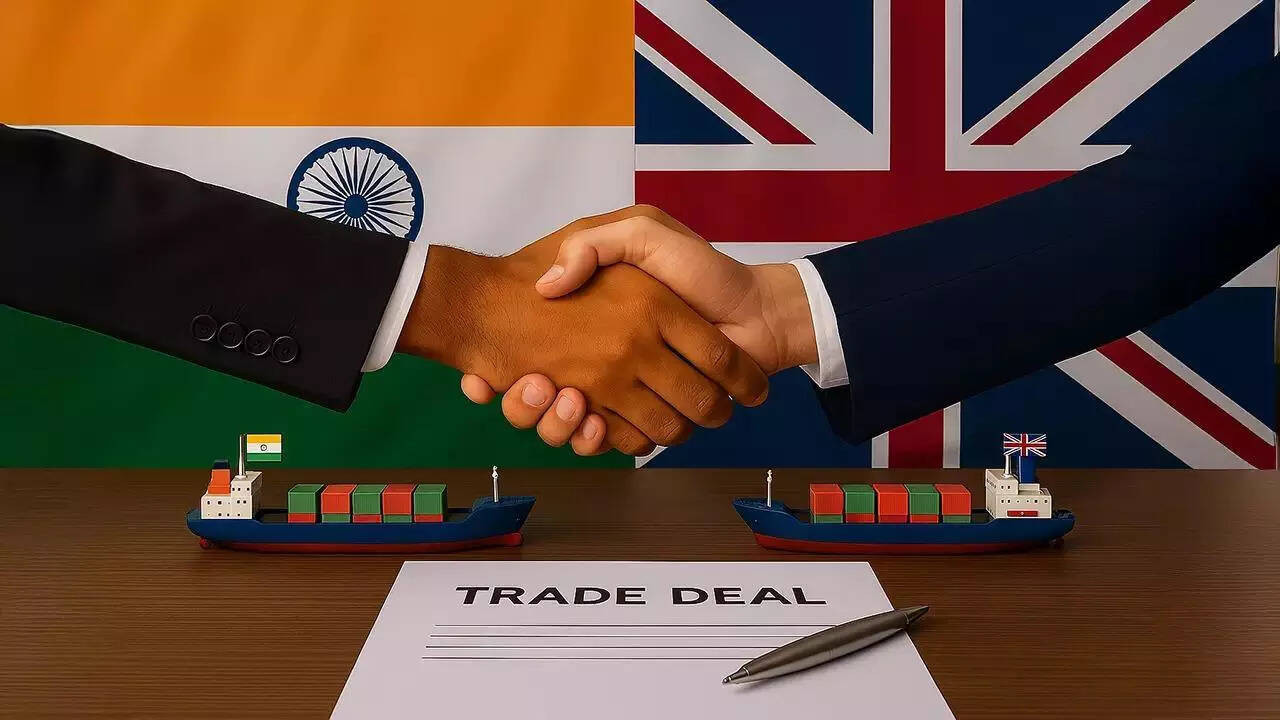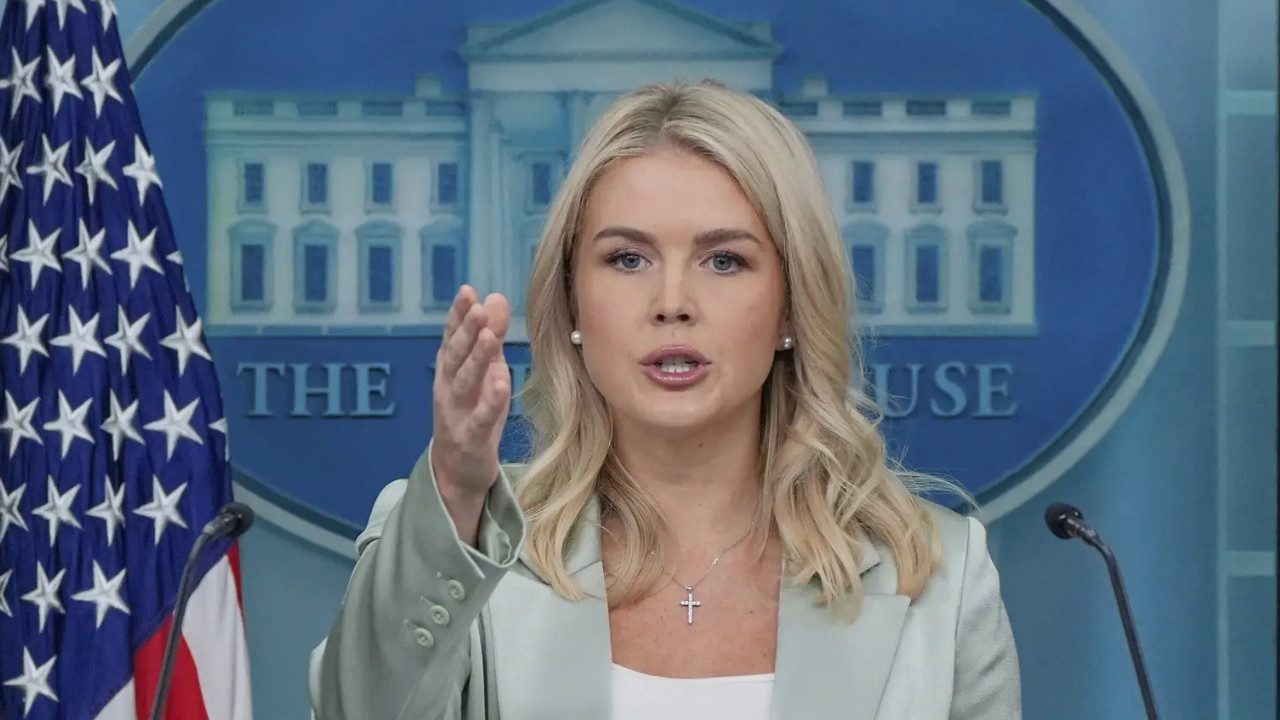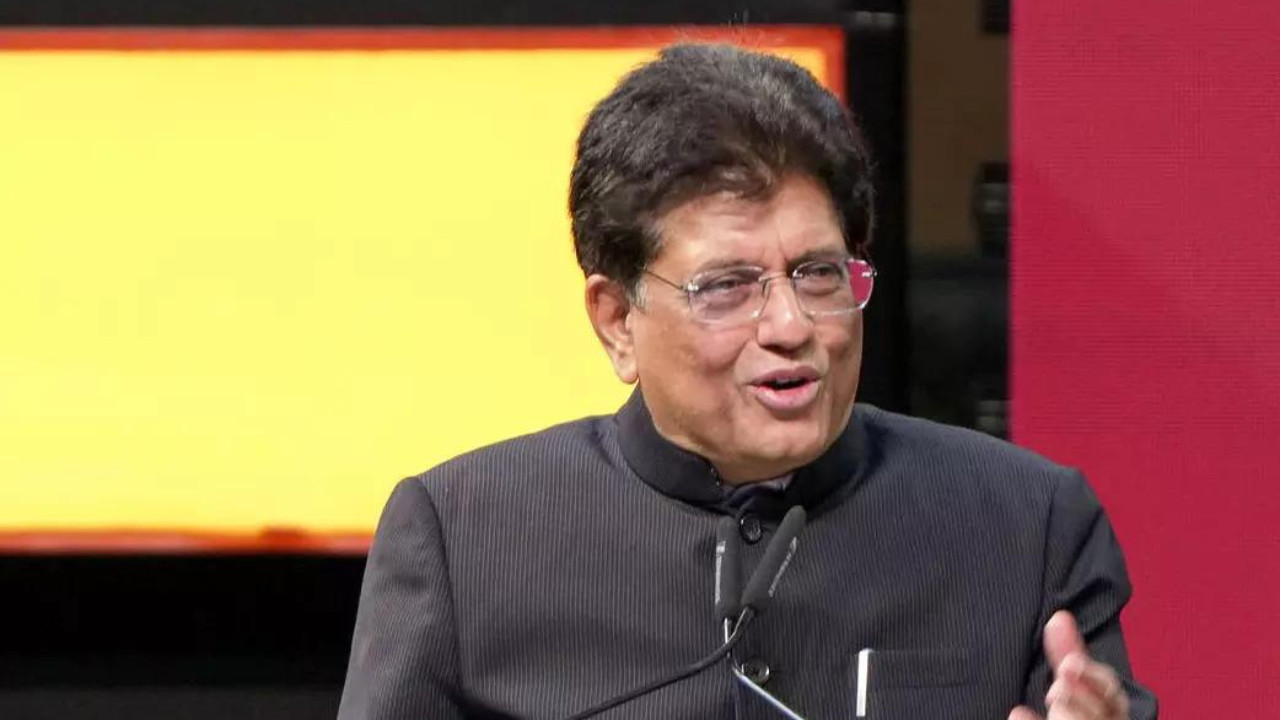India and the UK have signed a comprehensive economic and trade agreement (CETA), but only a quarter of UK exports will receive immediate duty-free access. India has safeguarded sensitive sectors like dairy and strategically important goods under ‘Make in India’. The agreement balances sensitivities and strengths, aiming to shed the ‘tariff king’ label while improving trade certainty for businesses.
Navigating the Tightrope: India’s Strategic Wins in the UK Free Trade Agreement
The ink is barely dry on the India-UK Free Trade Agreement (FTA), and already the air crackles with anticipation. But beyond the headlines touting economic boosts, lies a complex tapestry of negotiations, strategic concessions, and shrewd maneuvering. India, it appears, has walked a tightrope, balancing its ambitions for greater market access with the imperative to protect its domestic industries. This isn’t simply a deal; it’s a carefully crafted compromise, and its implications will resonate for years to come.
For India, the FTA presents a golden opportunity to deepen trade ties with a major global economy. Think easier access to the UK market for Indian textiles, pharmaceuticals, and agricultural products. Imagine the potential for Indian tech companies to expand their footprint in the UK’s thriving digital landscape. These are real gains, promising increased exports and enhanced economic growth.
However, the path to securing these benefits wasn’t without its challenges. The UK, naturally, sought to open up the Indian market to its own goods and services. This is where India’s strategic prowess came into play.

Safeguarding Sensitive Sectors: A Calculated Approach
One of the key successes for India in these negotiations lies in its ability to secure safeguards for sensitive sectors. This isn’t about protectionism; it’s about ensuring a level playing field and providing domestic industries with the time they need to adapt and compete effectively.
For example, consider the dairy sector. Opening the floodgates to cheaper dairy imports could devastate local farmers and undermine India’s dairy cooperatives, a vital part of the rural economy. The FTA reflects this concern, with carefully negotiated terms that limit the immediate impact on the domestic market. Similar considerations were extended to other sectors, including certain agricultural products and some manufactured goods.
The strategy employed wasn’t about outright rejection, but rather a phased approach. India has secured longer transition periods for tariff reductions on specific items, allowing domestic industries to gradually adjust to increased competition. This phased approach is crucial for fostering a sustainable and inclusive growth trajectory.
Phased Import Access: A Marathon, Not a Sprint
The agreement reflects a pragmatic understanding that rapid liberalization can be disruptive. Instead, the FTA envisions a gradual opening of the Indian market to UK goods. This staggered approach allows Indian businesses to prepare for increased competition, upgrade their technologies, and enhance their efficiency. It’s about empowering them to compete, not exposing them to overwhelming pressure.
The benefits are two-fold. It provides Indian industries with crucial breathing room while also signaling to the UK that India is committed to opening its economy over time. This balanced approach is essential for fostering a long-term, mutually beneficial trade relationship. To further explore India’s evolving trade relationships, consider reading about its engagement with the EU.
The Devil is in the Details: Understanding the Nuances
While the broad strokes of the FTA are encouraging, the real test lies in the implementation. The success of the agreement will depend on how effectively India can leverage the opportunities it presents and mitigate any potential risks.
This requires a proactive approach from both the government and the private sector. Indian businesses need to invest in innovation, improve quality, and enhance their competitiveness. The government, in turn, needs to provide the necessary infrastructure, support, and regulatory environment to facilitate this transformation.
Furthermore, ongoing monitoring and evaluation of the FTA’s impact are essential. This will allow policymakers to identify any unforeseen challenges and make necessary adjustments to ensure that the agreement delivers on its promises.
Ultimately, the India-UK FTA is more than just a trade deal. It’s a strategic partnership that reflects India’s growing economic power and its commitment to engaging with the world on its own terms. The carefully negotiated safeguards and the phased approach to import access demonstrate a sophisticated understanding of India’s economic realities and its long-term interests. By balancing its ambitions with its sensitivities, India has positioned itself to reap the rewards of this landmark agreement.







